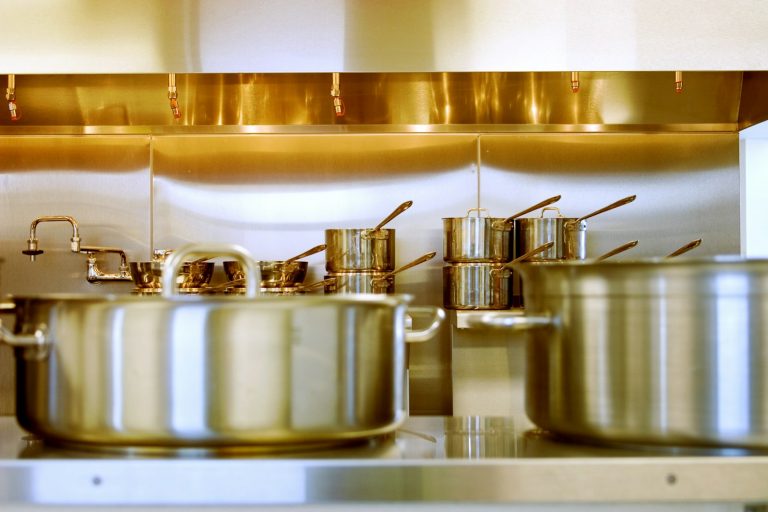The food industry demands the highest standards in safety, sanitation, and sustainability. Materials used in food processing and preparation must not only meet strict hygiene requirements but also withstand the rigors of constant use. This is where stainless steel comes into play, proving to be an indispensable material in kitchens, processing plants, and food transportation vehicles across the globe.
Unmatched Hygiene and Durability
Stainless steel sheets are a cornerstone in the food industry due to their remarkable resistance to corrosion and staining. This makes them an ideal choice for surfaces that come into contact with food. The non-porous nature of stainless steel sheet means it does not harbor bacteria or viruses, as there are no cracks or splits where pathogens can accumulate. This property is crucial for maintaining stringent hygiene standards required in food preparation and processing environments.
Temperature Resistance and Ease of Cleaning
Another significant advantage of using stainless steel in the food industry is its ability to resist temperature extremes. Stainless steel can withstand both high heating and rapid cooling without warping, making it perfect for everything from ovens to freezers. Moreover, its smooth surface allows for effortless cleaning, a must-have feature where food residues need to be regularly and thoroughly removed to prevent contamination.
Sustainability and Cost-Effectiveness
Choosing the right materials can also impact the environmental footprint of food production. Stainless steel is not only durable and long-lasting but also 100% recyclable, which reduces the need for frequent replacements and minimizes waste. The longevity of stainless steel sheets means that despite their initially higher cost, they offer significant savings over time due to reduced maintenance and replacement needs.
Versatility Across Applications
The use of stainless steel in the food industry is not limited to cookware and kitchen surfaces. It plays a critical role in various applications, including food processing equipment, storage containers, and transport tanks. Its strength and hygienic properties make it suitable for processing harsh ingredients without the risk of contamination. Additionally, the aesthetic appeal of stainless steel is a bonus, providing a sleek and professional look to kitchen and processing environments.
Meeting Regulatory Standards
In the food industry, meeting regulatory standards is non-negotiable. Stainless steel helps businesses comply with these regulations effortlessly. Its compliance with food safety standards ensures that it can be used extensively without risking public health. Whether it’s a small café or a large food processing plant, stainless steel is the go-to choice for ensuring that all health and safety regulations are met with ease.
Conclusion
In conclusion, stainless steel sheet is not just another material used in the food industry; it is a pivotal element in ensuring safety, sanitation, and sustainability. Whether it’s through its impeccable hygiene, remarkable durability, or its contribution to sustainable practices, stainless steel sheet remains unmatched in its utility. Embracing this material in your food industry practices not only enhances efficiency but also supports a commitment to quality and environmental responsibility.


0 Comments